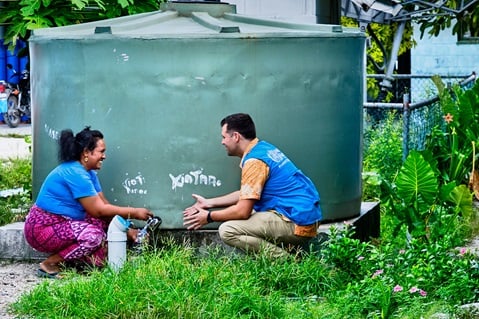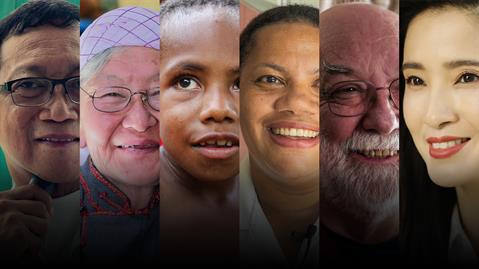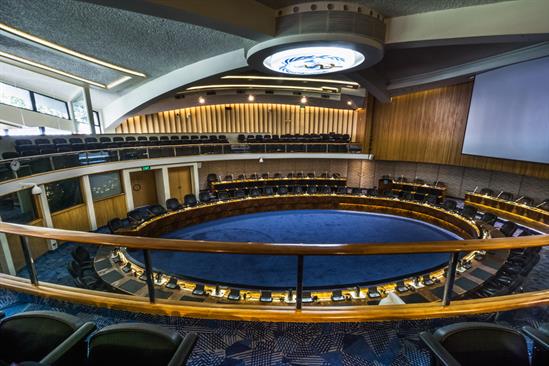China’s evidence-based policies and programs for healthy ageing will provide important insights for the WHO’s global report on healthy ageing to be released in October 2020 to mark the beginning of the Decade of Healthy Ageing.
Senior health advisors from WHO met with ministry officials this month in Beijing to discuss the project in which China will feature as one of 8 case studies. The findings of the study, which will be highlighted in next year’s global report, will illustrate how data can be used to inform and shape comprehensive actions towards healthy ageing – creating a world in which everyone can live a healthy and long life.
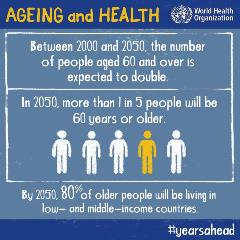
By 2040 an estimated 402 million people (28% of the total population) in China will be over the age of 60. As China’s population ages, there are new opportunities to look at how society, and individuals, can benefit from the extra years that longer life provides. Evidence suggests that while people are living longer, they are not all experiencing better health than previous generations.
Healthy ageing is relevant for everybody. It means developing and maintaining the functional ability that enables us to stay active and engaged as we age.
Functional ability is determined by the person’s intrinsic capacity (the combination of all the individual’s physical and mental capacities), relevant environmental factors, and the interaction between the two. Environmental factors include policies, systems, and services related to transport, housing, social protection, streets and parks, social facilities, and health and long-term care; politics; products and technologies; relationships with friends, family, and care givers; and cultural and social attitudes and values.
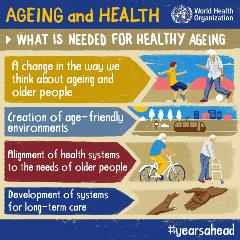
The WHO global strategy and action plan on ageing and health aims to achieve this vision of healthy ageing through five strategic objectives.
- Commit to action – through leadership and commitment to multisectoral action between government and non-government bodies, including the establishment of national frameworks towards Healthy Ageing; strengthening national capacities to formulate evidence-based policy; combatting ageism.
- Align health systems to the needs of older populations – designing integrated services that are centered on the needs and rights of older people with chronic and complex heath needs.
- Develop age-friendly environments which promote health, remove barriers and provide support for people experiencing losses in capacity and ensure older people age safely in a place that is right for them, are free from poverty, can continue to develop personally and can contribute to their communities while retaining autonomy and health.
- Strengthen long-term care through integrated systems which help older people maintain the best possible level of functional ability to allow older people to live with dignity and enjoy their basic human rights and fundamental freedoms.
- Improve measurement, monitoring and research to provide better understanding of the health issues experienced by older people and the usefulness of interventions to address them.
Healthy ageing is about more than addressing diseases; it’s about being empowered to continue doing what you value through a holistic system which meets the unique needs of older people.


